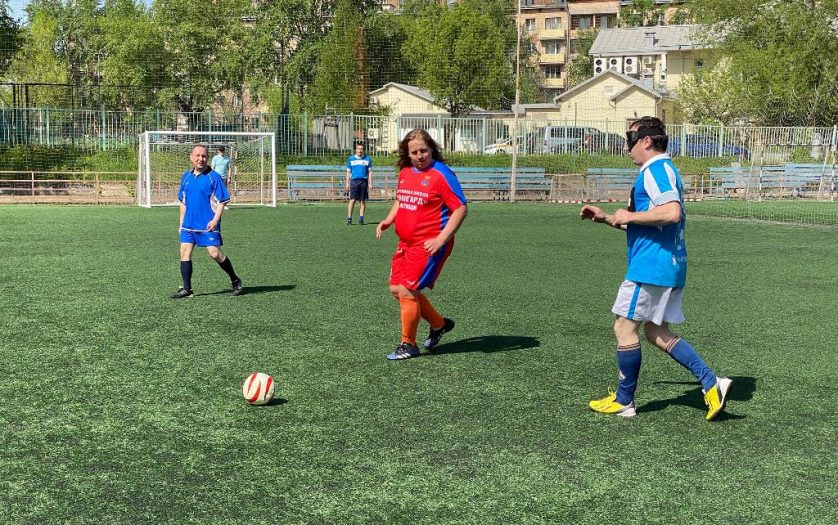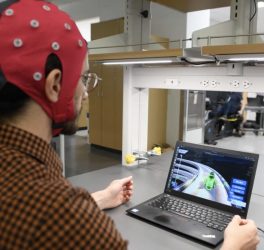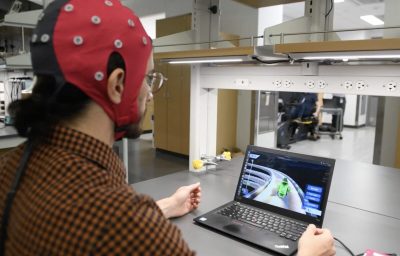
Sensor-Tech laboratory in Russia has developed a ball that features continuous sound for football players with vision disabilities.
With grant support from the Vinchel Foundation, this “smart” ball’s constant sound allows athletes to locate it easily during the game. The ball emits noise both during movement and when at a complete stop.
The continuity of sound is generated by electric motors, a microcontroller and angular velocity sensor. The “smart” ball can be used up to 3 hours and it charges wirelessly.
Sports teams with players with vision disabilities and representatives of rehabilitation, physical culture and sports centers can now register for test training sessions with a “smart” ball by emailing or telephoning the Sensor-Tech laboratory.
The pre-order of balls for permanent use is also available.
For more information, visit www.sensor-tech.ru








